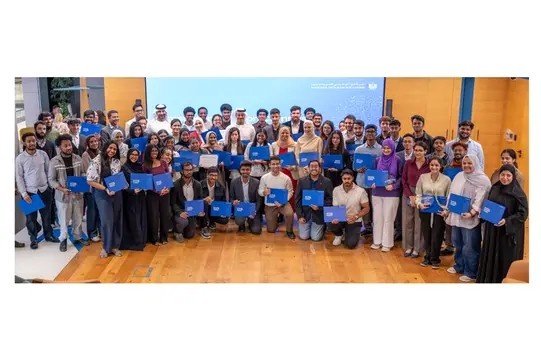Generative artificial intelligence (genAI), the technology behind tools like ChatGPT, has the potential to add up to $35 billion per year to GCC economies, representing around 2.3% of the region’s GDP, according to a new McKinsey report. This figure is in addition to the $150 billion expected from other AI technologies.
The report highlights that the GCC has a higher adoption rate of genAI compared to the global average. Of the businesses surveyed in the region, 75% reported using genAI in at least one business function, compared to 65% worldwide. Additionally, 57% of GCC businesses allocate at least 5% of their digital budgets to AI, in contrast to 33% globally.
Karan Soni, an associate partner at McKinsey, described artificial general intelligence (AGI) as the “next frontier” in AI, explaining that, unlike genAI, AGI would be capable of replicating and surpassing human intelligence. Although AGI is still in development, genAI has already seen widespread use. While there are concerns about AI’s impact on employment, Soni noted that governments are creating legislation to ensure responsible use. He added that, historically, major technological advancements have generated employment opportunities, citing examples like the Industrial Revolution, the internet, and now AI.
Soni emphasized that new technology tends to create jobs, although it requires retraining and reskilling the workforce. He suggested that fears over job loss may be overstated, as past experiences show that technology tends to transform rather than eliminate jobs.
AI adoption and regulation are prominent topics in the Western world, where much of the research and development occurs. However, the GCC is also advancing its AI ecosystem, with significant support from regional governments.
Both the UAE and Saudi Arabia have implemented strong data management laws. The UAE has proactively invested in data centers to address data sovereignty issues. In Saudi Arabia, data sovereignty is a priority, especially concerning critical sectors like oil and gas. Recent announcements by Amazon and Microsoft to establish data centers in Saudi Arabia indicate the government’s commitment to handling data sovereignty while expanding its AI infrastructure.















